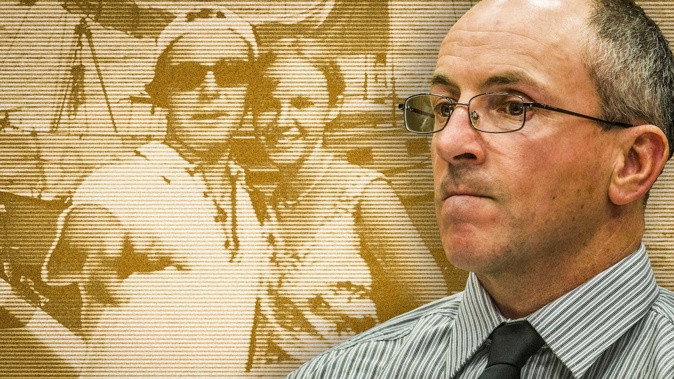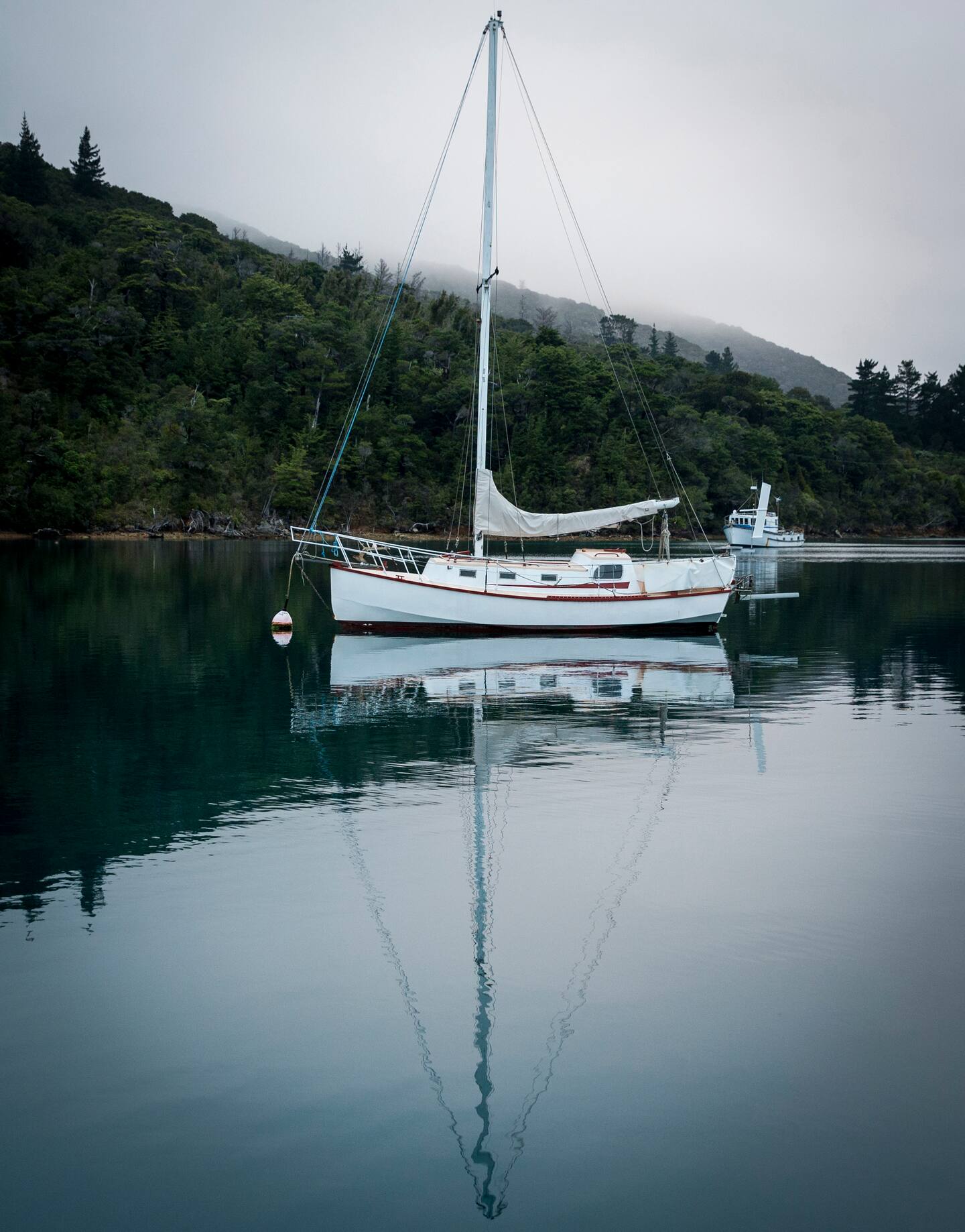

A forensic scientist has raised concerns about the way samples of hair purporting to come from Olivia Hope were dealt with in the laboratory when they were tested.
Scott Watson’s case is back before the Court of Appeal in Wellington this week, where he’s seeking to overturn his convictions for the murders of Ben Smart and Olivia Hope in the Marlborough Sounds on New Year’s Day in 1998.
Two strands of hair — one 15cm long and the other 25cm — were purportedly found on a blanket taken from Watson’s boat.
Forensic scientist Sean Doyle has cast doubt on whether the hairs were Hope’s, suggesting they may have been contaminated in the laboratory.
But under cross-examination from Crown lawyer Robin McCoubrey, Doyle conceded the issues of contamination and transference of the hairs in the laboratory was dealt with at the original trial, with Justice Heron directing the jury it was a question for them to consider.
He also accepted that at the original trial, Watson had four experts at his disposal.

An expert has questioned whether the hairs found on Scott Watson's boat, Blade (pictured), were Olivia Hope’s. Photo / Mike Scott
The Crown says the accuracy of the DNA test for the longer hair means there is strong support it came from Hope. But the DNA evidence for the shorter hair suggests it came from Hope or a maternal relative.
Doyle wrote three reports on the forensic case and has taken issue with the way the forensic scientist who tested the hairs made no record of cutting the bag containing the hair samples and using tweezers to remove the hair.
- Scott Watson appeal: Controversial evidence relating to hair strands to be tested in court
- Scott Watson trial: Report argues witness accounts were 'unreliable'
- Scott Watson murder case appeal: What you need to know
McCoubrey suggested there was nothing wrong with using their individual preferences, as the scientist did in this case.
Doyle questioned whether this was best practice, although he conceded standards in forensic laboratories had changed considerably since the time the hairs were tested.
Ben Smart, 21, and Hope, 17, haven’t been seen since getting out of a water taxi on to a yacht moored in Endeavour Inlet. There’s been no trace of the pair since the early hours of New Year’s Day, 1998. Their bodies and possessions have never been found.

The bodies of friends Ben Smart and Olivia Hope were never found. Photo / Supplied
Watson was convicted of double murder in September 1999 and sentenced to life imprisonment, with a minimum period of 17 years in jail. He has now spent 26 years behind bars, protesting his innocence.
The blanket was first examined in 1998 and no hairs were found. In March of that year, after samples of Hope’s hairs were sent to the ESR laboratory, the blanket strands were tested again. This time two strands of blond hair were found.
The latest appeal is the result of a royal prerogative of mercy, applied for in 2017 and granted in 2020. The grounds for the appeal are twofold:
- The reliability of DNA evidence, specifically hairs that were thought to belong to Hope and were recovered from Watson’s boat, Blade.
- Mistakes by the police in using a photo montage as a means of identifying Watson. The montage contained a new photo that showed Watson caught halfway through a blink. This gave the appearance of hooded eyes, a characteristic of the mystery man’s description.
Watson is not attending the Court of Appeal hearing but is represented by his lawyers, Nick Chisnall KC, and Kerry Cook.
The Crown is represented by Madeleine Laracy and Stuart Baker.
Watson’s case before Justices Christine French, Patricia Courtney and Susan Thomas is set down for a week.
Catherine Hutton is an Open Justice reporter based in Wellington. She has worked as a journalist for 20 years, including at the Waikato Times and RNZ. Most recently she was working as a media adviser at the Ministry of Justice.

Take your Radio, Podcasts and Music with you









